QuestionDear Jedediah, We recently rescued a few injured slow worms from our back garden. We have some long term extensive building work going on in a school just behind our property and this may have driven the slow worms into our garden. One of our rescued slow worms was very poor and badly damaged, but with care and attention has survived. We have had her about 2 months, she was very mauled, bruised and lost her tail and one eye - she also looked to have an old crush injury of what I think was a broken jaw. After days of lying under a warm bulb she started to move and drink - some days later she was trying very hard to eat despite all her disabilities. Well, a few months down the line she is thriving and eating fairly well, however we will not be able to release her again as she no longer digs sufficiently to be safe from predators - we have many cats and large birds such as magpies and crows here. I have carefully set up a tank with all their natural surroundings. (I'm an ex-zookeeper, although not with reptiles) but, the final surprise came this morning as she has just given birth. There is little or no info on this that I can find and I would be grateful for any help. There were only two live young (surprising considering her condition) one is strong and the other looks too small to survive. Please can you help me with the best way to aid the young and the mother. She is eating most things in sight now and the young are currently separated as they needed a little help. Might the mother eat the young or should I put the mother in a separate tank with her young. Anything else I can do to help them. Sorry for such a long message but I really want them to survive.
Thank you in advance.
Dawn.
AnswerDear Dawn,
thank you for your question.
There's not that much you can do apart from offering as much food as they want to eat and keeping them warm so that they can be as active as possible. Snails and earthworms are the preferred prey of slow worms and it's probably better to offer mostly those instead of the normal feeder insects like crickets, roaches or mealworms, especially since both are so high in calcium unlike the feeder insects.
The mother doesn't care for her offspring and she might try to prey on them, so it's better to keep them separated. It might be a good idea to see a herp vet with the babies to make sure they are both strong enough to survive, this website lists herp vets in the UK:
http://www.herpvetconnection.com/uk.shtml
here you can choose "exotic animal medicine" to find herp vets:
http://www.rcvs.org.uk/Templates/system/FAVSearch.asp?NodeID=89660
I hope I was of some help to you
Jennifer

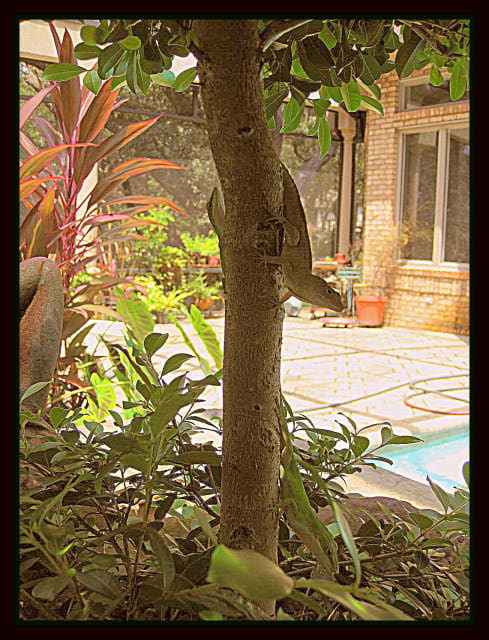 wild/not so wild green and brown anoles
Question
lizards "Pheobe"
Dear M
wild/not so wild green and brown anoles
Question
lizards "Pheobe"
Dear M
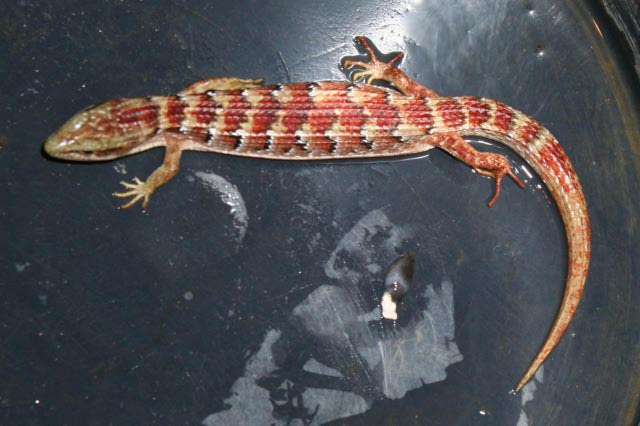 Southern (California) Alligator Lizard
Question
Lizard
Hi Donna,
I live in San Francis
Southern (California) Alligator Lizard
Question
Lizard
Hi Donna,
I live in San Francis
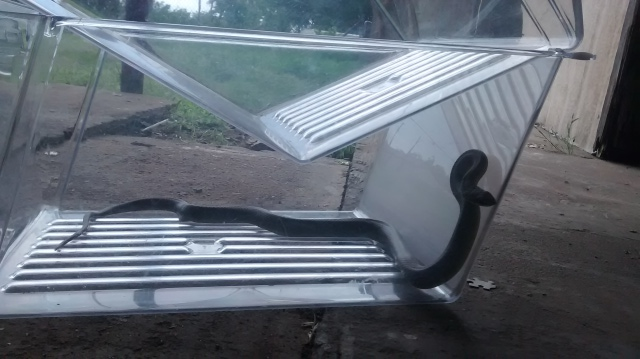 can not identify
Question
snake
We live in south central Oklahoma
can not identify
Question
snake
We live in south central Oklahoma
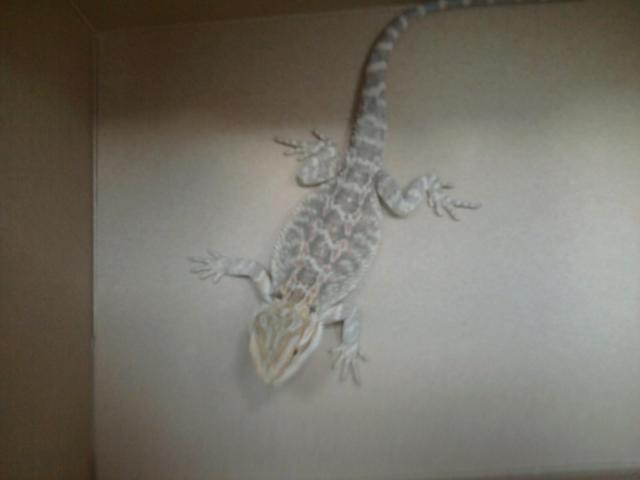 Bearded Dragons Head Turns Yellow?
QuestionYellow Head
QUESTION: Im asking a questi
Bearded Dragons Head Turns Yellow?
QuestionYellow Head
QUESTION: Im asking a questi
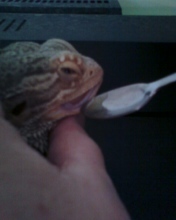 Bearded Dragon Eyes
QuestionBearded Dragon Eyes
QUESTION: Hi Tracie,
Bearded Dragon Eyes
QuestionBearded Dragon Eyes
QUESTION: Hi Tracie,